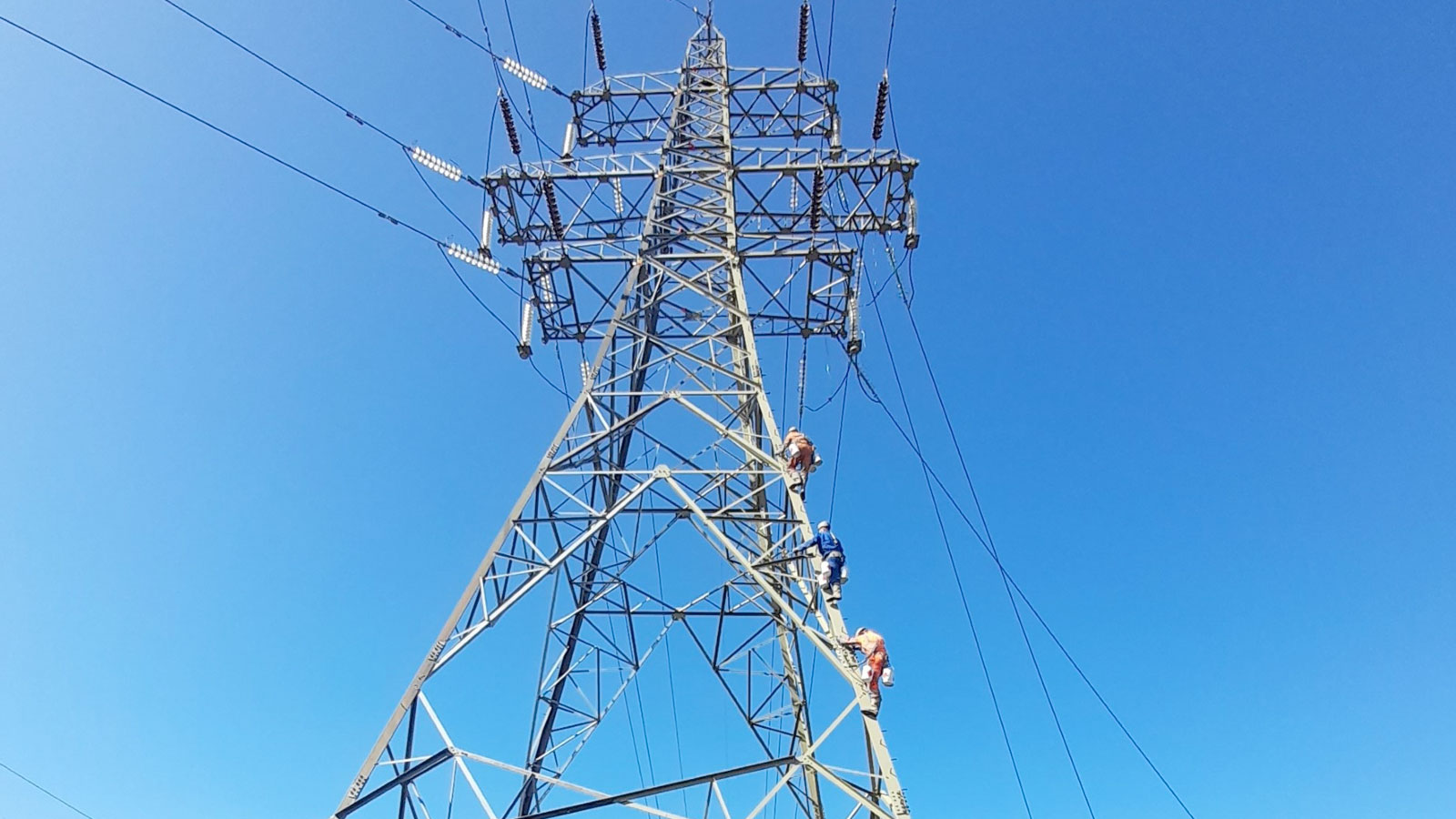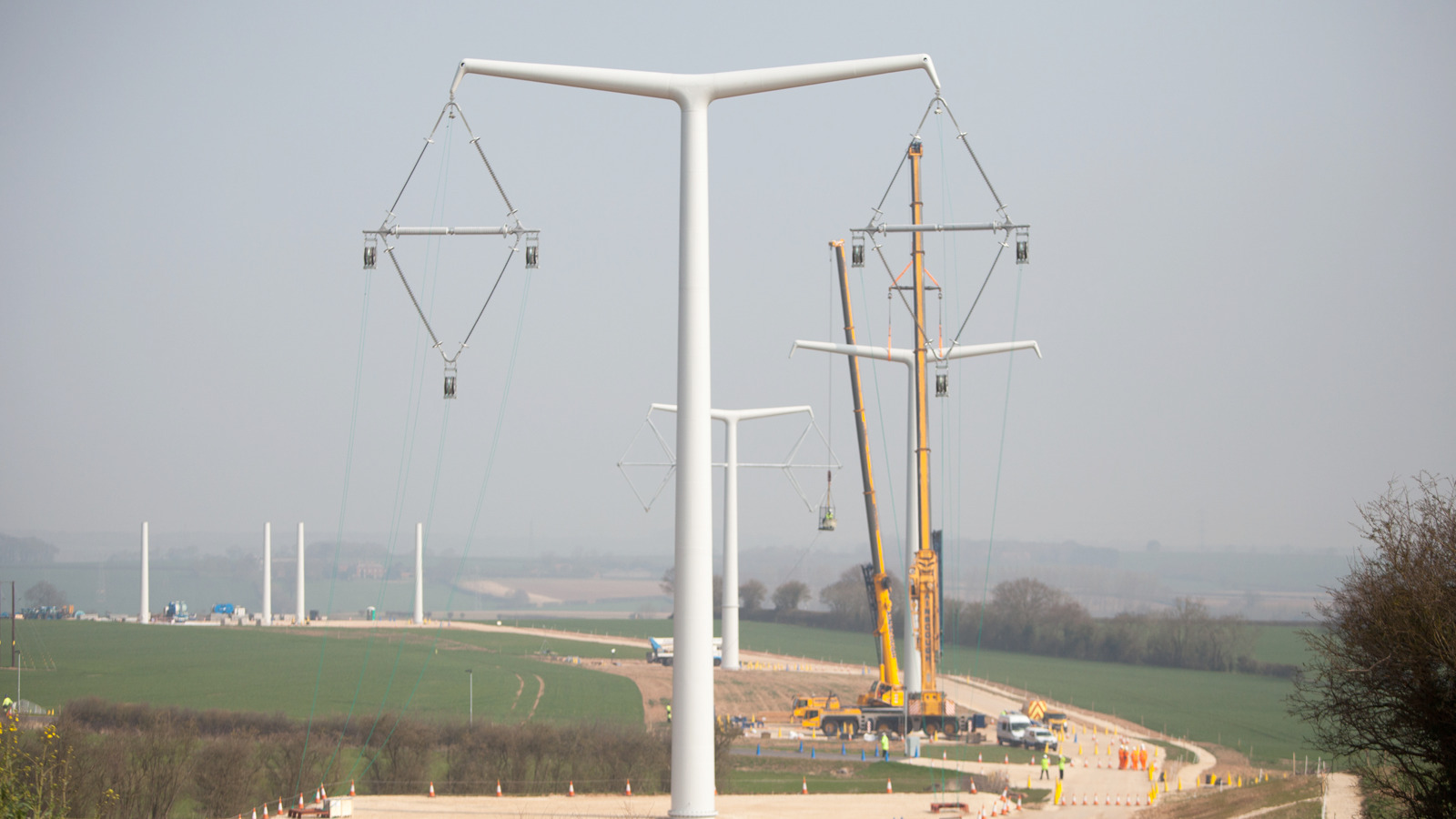Sales of EV charge points in the UK are still expected to rise in 2020, despite the lockdown imposed due to the Covid-19 pandemic.
Research firm Delta-EE noted that the market is set for 29% year-on-year growth in charge point sales through to 2030, and while the Covid-19 pandemic may have caused a decline in sales of new cars, EV chargers are still expected to enjoy growth.
It’s perhaps not the most surprising news, as the Tesla Model 3 has been the UK’s best selling car over the past two months of lockdown, and those people will need somewhere to charge their electric vehicle.
“We expect a significant drop in new vehicle sales in 2020 due to COVID-19 – as much as a 30% reduction. But we believe charge point installations will continue to grow across all segments, backed by renewed government funding. As we know, availability of charge points is one of the key barriers to widespread EV adoption. We’re all eager to see the transition to electric happen as quickly as possible, but if more emphasis is put on the infrastructure behind it, we could see an accelerated EV uptake in line with the government’s vision,” said John Murray, head of EVs at Delta-EE.
EV charge point installations are expected to have fallen in the months immediately following the UK’s lockdown, as many installers such as Andersen EV and Pod Point paused residential installations to protect their staff. Despite this, many public charge points have been installed throughout the lockdown period, although that’s still not enough to lead to a surge in public rapid chargers.
The research reveals the share of charge points installed in public locations versus home and workplaces will stay relatively level, with rapid chargers still only accounting for less than 2% of on-street chargers by 2030. Rapid chargers in destination locations such as shopping malls and hotels, will move from a market share of 18% of destination chargers today to 6% in 2030 due to an expected growth in the number of slower chargers being rolled out.
Murray commented, “BP recently revealed through research in France, Germany, Spain and the UK that the availability of charge points was second only to price as the most significant barrier to EV adoption. They also stated ultra-fast charging will be key to EV uptake with the public. The private and public sectors will need to collaborate on and implement policy that is necessary to make this a reality.”
In addition, the research sheds light on the dynamics of the UK’s burgeoning EV charging market. By 2030, the majority of charge points will still be installed at home – 71%. However, this will have decreased by 5% over the decade as an increasing number of EV owners will not have access to off-street parking. Delta-EE expects the biggest growth in workplace charging (7% growth) by 2030, as it acts as a substitute for home charging.
“While workplace charging currently looks set for the biggest growth, COVID-19 may also have a lasting impact on working practices and mobility habits. The reality is that for people with EVs, and no access to off-street parking, they will need to charge their vehicles somehow, and workplace charging will still play a very important role in this. We’ll be keeping a close eye on how this will impact the makeup of the charging landscape in the next few years,” concluded Murray.





